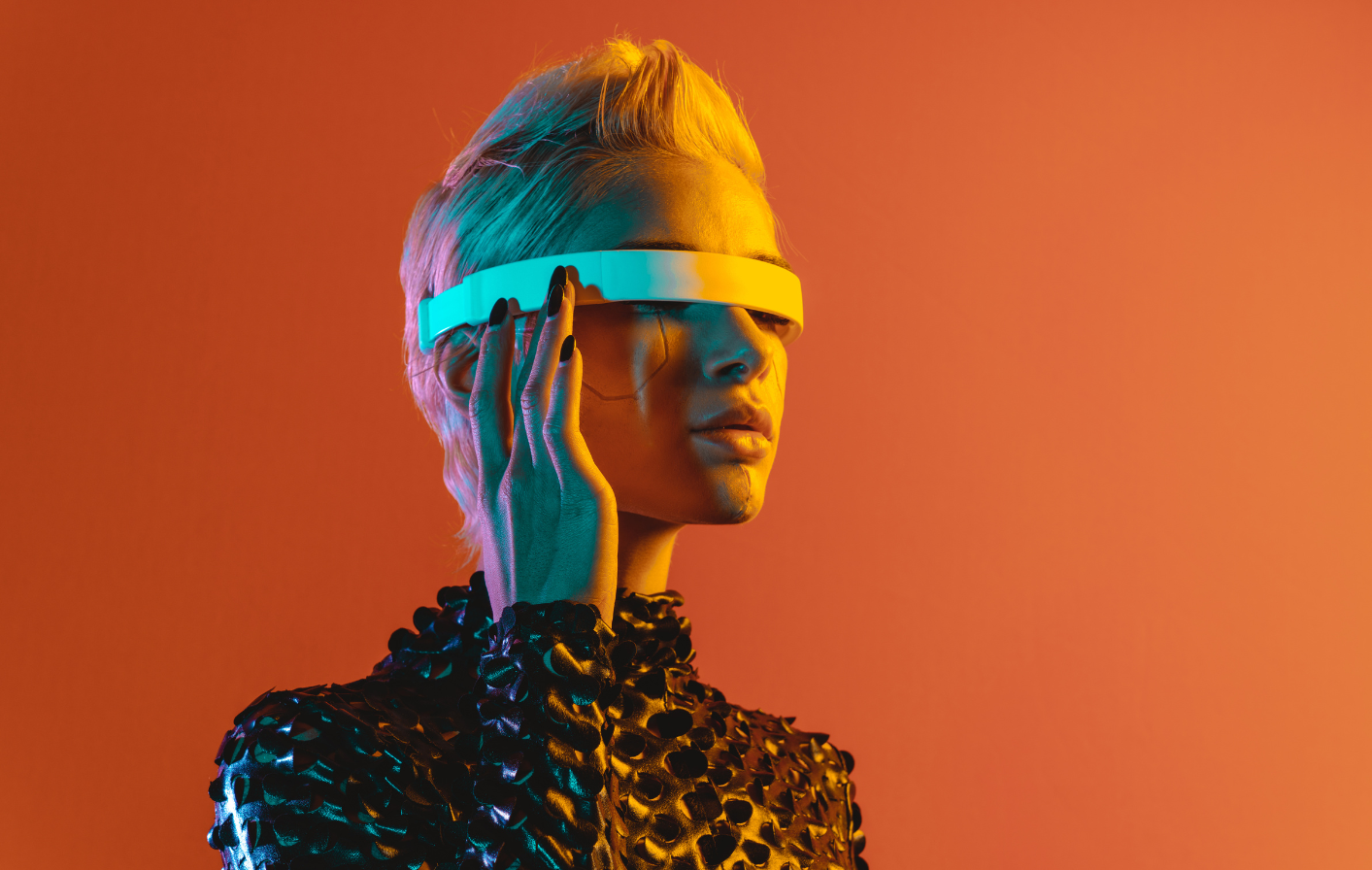Transforming Beauty: How AI Reshapes Skincare for a Personalized Future

According to the most recent market intelligence research report by InsightAce Analytic, the global
Beauty and Cosmetics market is poised to witness substantial growth in Artificial Intelligence (A.I.)
adoption. It is projected to reach a substantial market size of approximately US$ 13.34 Billion by the
year 2030, with a promising compound annual growth rate (CAGR) of 19.7% anticipated from 2021
to 2030.
The beauty and cosmetic industry has experienced a notable surge in the integration of Artificial
Intelligence (A.I.) in recent times. This surge can be attributed to advancements in A.I. technologies
and the unique characteristics of the beauty sector, are characterized by its personalized and data-rich
nature. A.I. is increasingly being recognized as the solution to navigate this intricate landscape,
prompting beauty companies to leverage data-driven insights in their decision-making processes
to maintain competitiveness.
Digital Transformation
Over the past decade, the beauty market has undergone a significant transformation, primarily driven
by the introduction of new technologies and shifts in consumer shopping behaviour. Beauty businesses
have embraced digital transformation as an integral part of their operational models, enabling them to
offer consumers customized skincare regimens and beauty products tailored precisely to their
individual requirements.
North America’s Lead
The North American region is poised to take the lead in the growth of Artificial Intelligence (A.I.) adoption
within the beauty and cosmetic market. This dominance can be attributed to the robust expansion of the
beauty and cosmetic industry, coupled with the notable presence of e-commerce giants like Amazon and
Sephora.
Rapid Growth in Asia Pacific
Conversely, the Asia Pacific region is expected to witness the swiftest surge in global A.I. implementation
within the beauty and cosmetic sector. This accelerated growth is a consequence of the rapidly increasing
consumer expenditures in the region and the burgeoning expansion of the e-commerce landscape across
various Asian countries.
Notably, in emerging nations such as China, India, and Japan, the beauty e-commerce sector is undergoing
various transformations, adopting multiple innovative models to enrich the overall shopping experience for
consumers.
Personalized Customer Experiences
Technology plays a pivotal role in facilitating personalized customer experiences. Innovative solutions like
Predictive Personalization Systems (PPS), such as SwiftERM, have replaced the one-size-fits-all approach
to addressing consumer needs. These PPS utilize algorithm-driven methods to curate individualized product
selections for beauty shoppers, based on their previous purchases, preferences, and browsing history. This
tailored approach yields an impressive average Return on Investment (ROI) of 1500%, equivalent to an estimated
additional monthly turnover of £15,000 for a monthly expenditure of £500.
Luxury brand Yves Saint Laurent has reimagined personalized tech-enabled services by introducing an at-home
lipstick technology tool that empowers customers to create a customized lipstick shade inspired by their personal
preferences.
Autonomous artificial intelligence is not confined to robotics or the realm of science fiction; it has found utility as
a valuable tool in the beauty industry.
